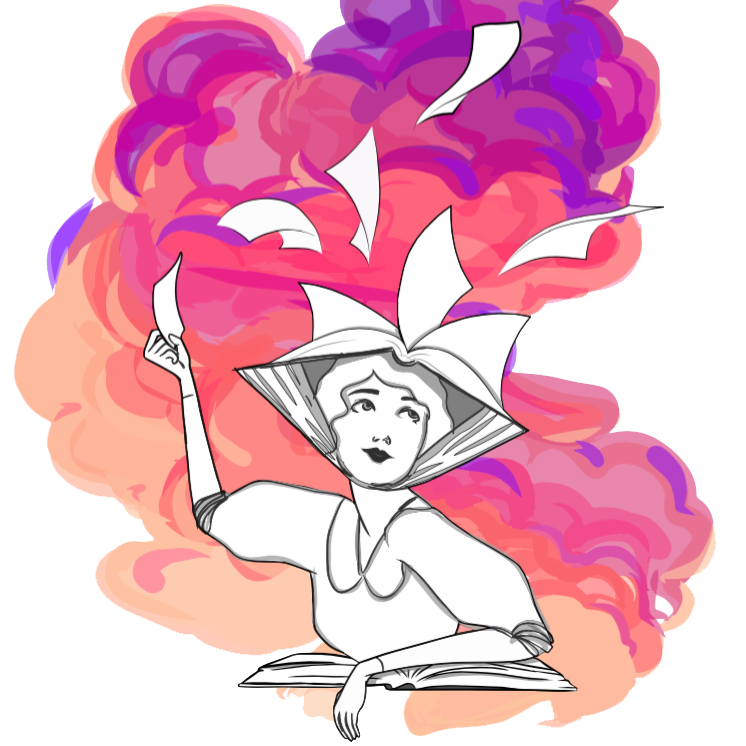I MONDI, LIBRO PRIMO
Vinegia [Venice]: Francesco Marcolini, 1552. First Edition. Quarto, [4], 120, [4] leaves. In Very Good condition. Bound in early full calf, paneled spine with gilt titling. Wear, rubbing, and bumping to binding. Ink 'Milano 16 x 1914' on lower fore corner of front pastedown. Name on upper fore corner of front free endpaper. Bookseller description tipped in to front free endpaper. Small green line under 'D' in 'Doni' on title page. I1, P4, EE4 are cancels. Small hole to middle of S4. E4 with small tear to lower fore edge, S3 had corner folded during printing, causing the lower fore corner of the plate to be missing. S4-end have very small wormholes to the upper edge of the gutter. EE4-end with water-staining and tide-marks.
Book one (of two) only, as usual, comprising four parts in one volume. Large woodcut device on general title, smaller devices on section titles and 54 woodcuts, including three repeats. L2 recto with Hebrew type;
RR consignment. Shelved in Case 3.
1335118
Shelved Dupont Bookstore
Price: $5,000
NOTES
USTC: 827618, Adams: D-825, Brunet: II:811, Mortimer: Italian 166;
"Anton Francesco Doni is credited as being the first Italian bibliographer for his two collections, La libraria (1550) and La seconda libraria (1551)...His most relevant works are I Marmi and I Mondi in which (in witty, malicious, and sometimes melancholic tones) he laments the corruption of his age and the decay of civil and religious sentiments." [Encyclopedia of Renaissance Philosophy];
I Mondi is a novel inspired by Thomas More's Utopia, and is considered to be one of the utopian Renaissance works, precursors of Italian fantastic-science fiction literature. I Mondi had more 16th century Italian printings than Utopia. Doni participated in the bringing of Utopia to Italy, with him writing the dedicatory letter for the 1548 Italian translation, praising it for having "...excellent customs, good arrangements, wise rules, holy admonishments, sincere government, and royal men." I Mondi shows Doni's social criticism, with him condemning the power to exploit the poor that the division of wealth gives the wealthy merchants and the nobility. Doni wished that "everyone would eat bread earned by his own sweat." In a satirical dialogue, Jove mixed souls and bodies, so that the soul of a loutish peasant was placed in the body of a signore, and no one could detect the change. His ideal city removed most parts of society, since he viewed man as weak and believed they should "live in primitive simplicity. In the New World, men had no loyalty to spouse, family, city, or next world. The people of Doni's star city had all their wants satisfied and avoided vice, but it was a life without aspiration." [Grendler, 1965];
"Doni's text is concerned with members of the Accademia dei Pellegrini. Marcolini was a member, [and Doni a founder,] and the special title-pages have Accademia imprints" (Mortimer).;










